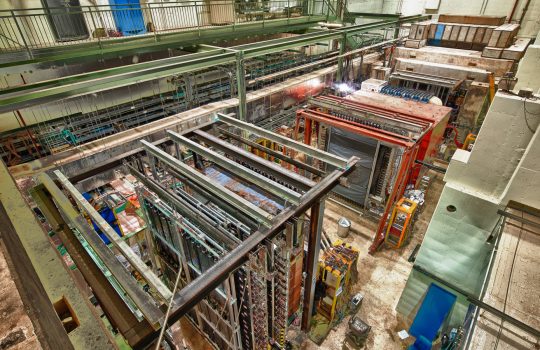Researchers find that ghostly subatomic particles are even lighter than previously thought
From Forbes, May 18, 2021: Fermilab’s Don Lincoln explains the Karlsruhe Tritium Neutrino Experiment, in Germany that has improved our understanding of the mass of this insubstantial denizen of the microcosm.

